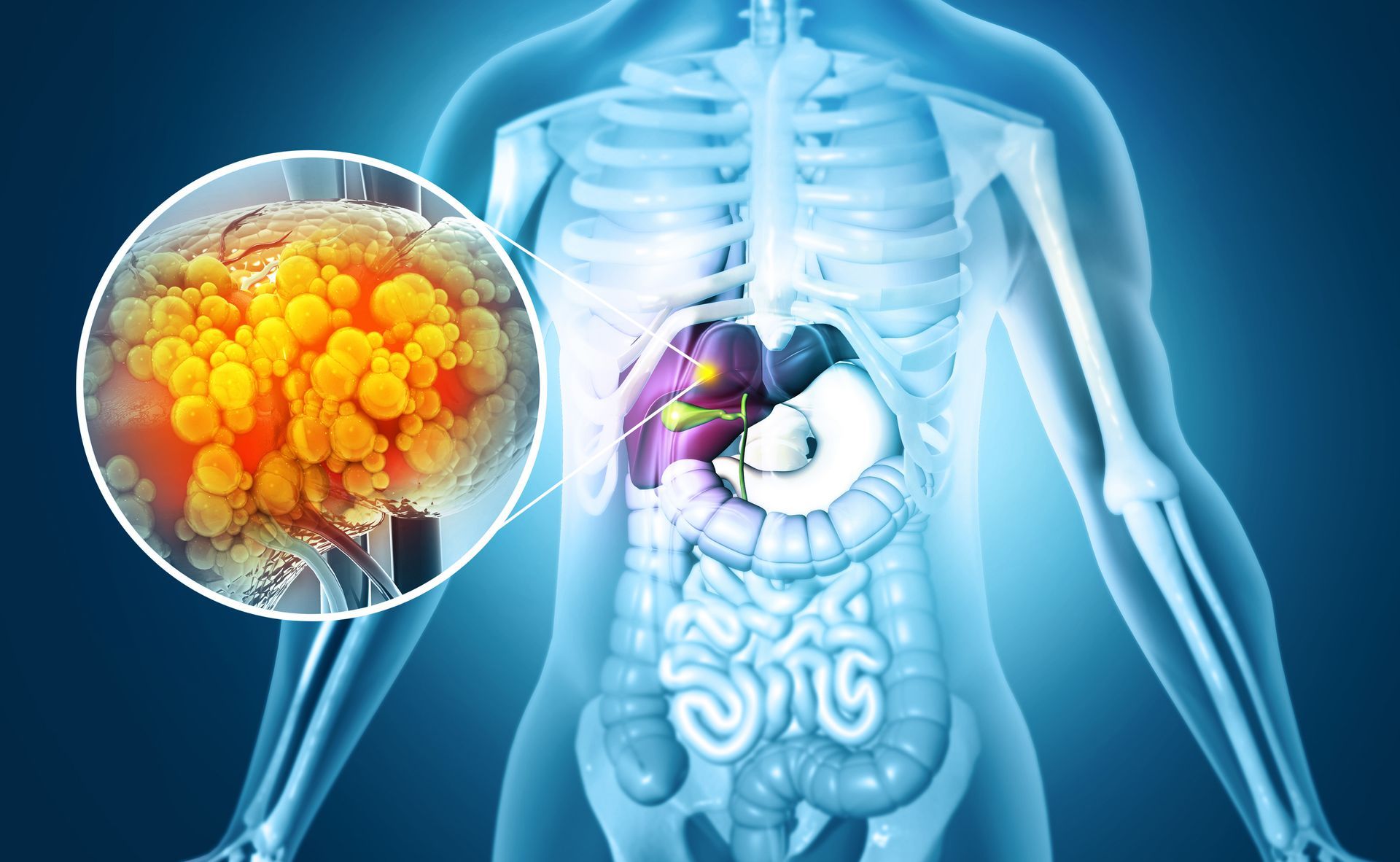Debunking 3 Common Digestive Myths
We would all like to believe that we are doing what is best for our health. Whether it’s regularly hitting the gym or making an effort to quit smoking, there are a lot of steps people take to help themselves feel better and live longer. Still, despite admirable efforts, there can be missteps along the way, particularly when it comes to digestive health.
Understanding what we consume and how it impacts the body can be a complicated and confusing process, with nutritional recommendations changing frequently and new diets around every corner. Chances are, you have heard, and possibly even fallen prey to, many digestive myths over the years, and these misunderstandings may have done more harm than good to your overall health. Fortunately, with the right information at hand, you can make the necessary changes to prevent such myths from impacting your future gastrointestinal wellbeing.
Myth #1: You Can Never Have Enough Fiber
Fiber is frequently praised for its ability to help maintain healthy, regular bowel movements while also aiding in regulation of blood sugar and cholesterol levels. Therefore, it seems logical that the more fiber one consumes, the greater the benefits will be. In reality, the recommended 25 grams per day of dietary fiber is plenty to reap all of its rewards.
Myth #2: You Should go to Bed on an Empty Stomach
It is a long-standing and common myth that eating before bed is a sure way to pack on the pounds. However, weight loss is a tried and true formula of burning more calories than one consumes. Rather than focusing on the time of day that food is consumed, patients looking to lose weight would be better advised to focus on the quality and amount of food eaten, as well as exercise. The exception to this rule is anyone who suffers from acid reflux. In this case, separating meals and bedtime by two or three hours can help prevent or reduce symptoms.
Myth #3: Stress is the Source of that Stomach Ulcer
It isn’t uncommon for ulcer sufferers to link the pain and burning in their stomach with stress, and while psychological stress may certainly aggravate an ulcer, there is no scientific evidence to suggest that it can cause the condition. Instead, it is most likely that a stomach or other form of peptic ulcer is the result of a common bacterial infection known as H. pylori, and rather than attempting to destress, patients should be speaking with their physician about antibiotics.
We should all be seeking ways we can maintain or improve our health but doing so means letting go of some old ideas. These myths are just three examples of long-standing misconceptions that can impact the choices we make and the results we obtain. Before you buy in to any health advice, particularly regarding digestion, you should first consult a physician such as a gastroenterologist. To learn more or to request an appointment, contact Digestive Diseases Center.
CONTACT
850-763-5409
ADDRESSES
4 LOCATIONS
204 E 19th Street, B, Panama City
12216 Panama City Beach Pkwy, D, Panama City Beach
4295 3rd Ave, Marianna
101 Good Morning St., 109B, Port St. Joe
Subscribe to our newsletter:
subscribe to our newsletter
We will get back to you as soon as possible.
Please try again later.



